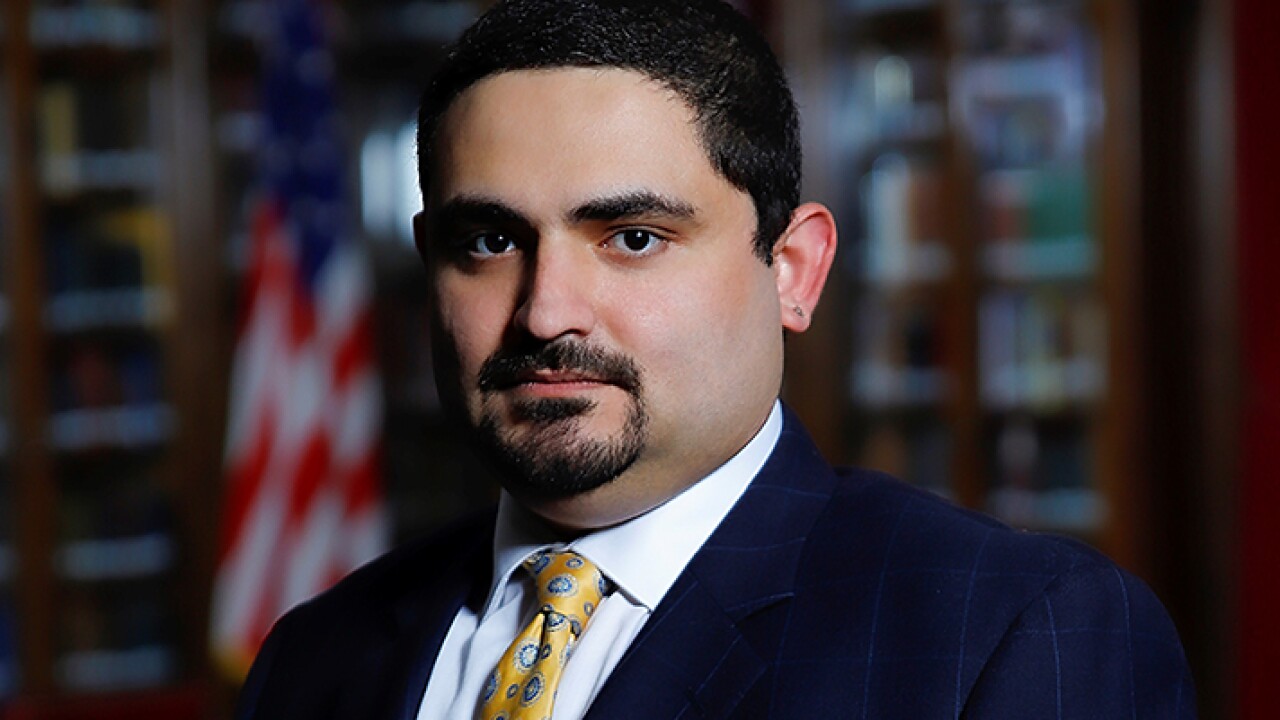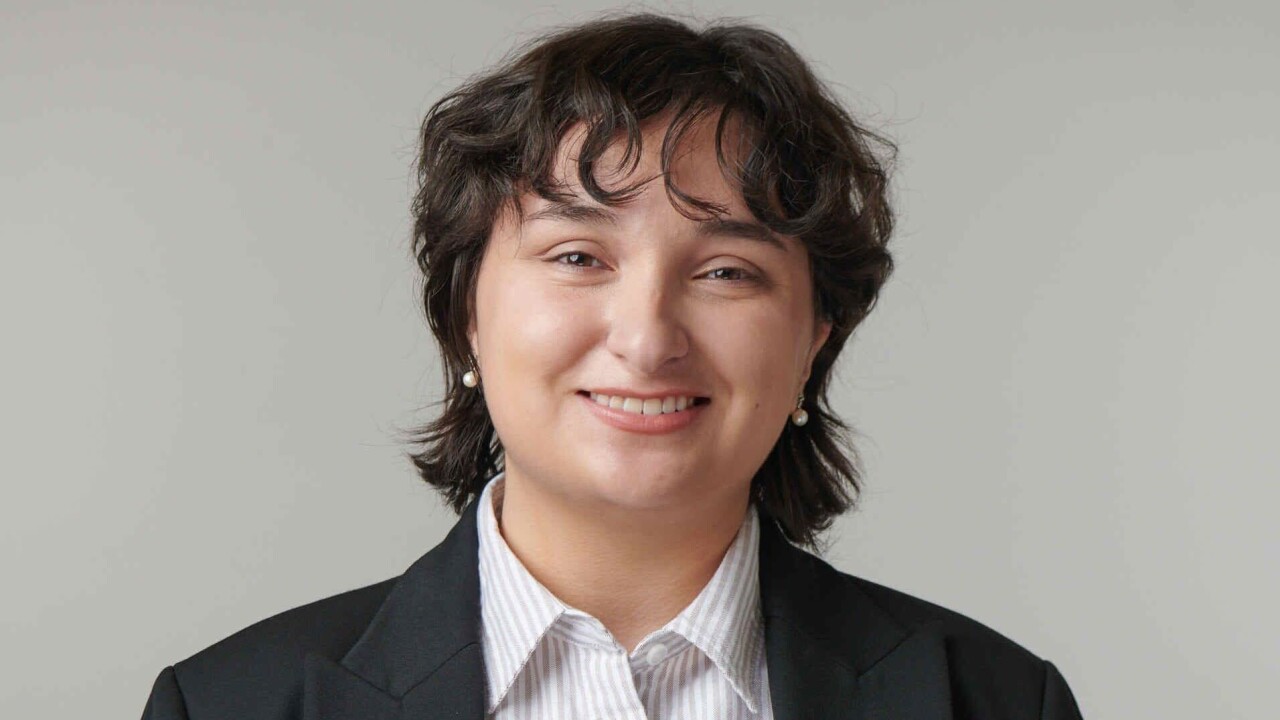If the Federal Open Market Committee cuts rates later this month, as is widely expected, it will be what’s best for the economy, not a politically motivated move, Federal Reserve Board Chair Jerome Powell told the Senate Banking Committee Thursday.
“We will do what we thinks is right for the economy,” Powell responded to a question, adding that if the panel believed a rate hike was needed, rates would go up. He stressed “it’s important the people know” any decision is not based on outside influences, just economic data.
Powell's testimony came after President Trump urged the central bank to reverse course an cut interest rates.

Earlier in the day, inflation data came in higher than forecast, with the June consumer price index rising 0.1%, while the core index, which excludes volatile food and energy, grew 0.3%, the Labor Department reported.
Economists polled by IFR Markets expected a flat CPI, with the core up 0.2%.
Year-over-year CPI was up 1.6%, down from 1.8% last month, while the core rose 2.1% year-over-year, after a 2.0% gain last month.
“Increases in the indexes for shelter, apparel, and used cars and trucks more than offset declines in energy indexes to result in the seasonally adjusted all items monthly increase in June,” the Labor Department said.
In addition to uncertainties, including trade issues, and weakness in housing, manufacturing and trade, Powell has said low inflation for longer than anticipated was a factor in expectations of a rate cut this month.
“Inflation is tame and thereby provides more assurance to the Federal Reserve to cut interest rates later this month, especially given the wider global economic uncertainty of slower economic growth and looser monetary policies in major key foreign countries,” said National association of Realtors Chief Economist Lawrence Yun.
“We doubt that Fed funds rate cuts will actually stimulate real GDP growth and/or boost inflation above the Fed’s 2% target,” Berenberg Capital Markets Chief Economist U.S., Americas and Asia Mickey Levy, and U.S. Economist Roiana Reid wrote in a note. “With bond yields and the costs of capital already close to historical lows and the yield curve mildly inverted, actual stimulus seems unlikely. Easing may boost financial markets, but not likely expectations in the real economy.”
Federal Reserve Bank of Atlanta President Raphael Bostic said the economy is doing well but “it is clear that risk has increased.”
Speaking in Georgia, Bostic said he “would be very concerned” if inflation continued to fall below the Fed’s 2% target, especially if it caused “private decision-makers to adjust their expectations in a way that is inconsistent with the FOMC’s stated goals.”
But, he noted in prepared remarks, “the best measures suggest [inflation] is close to target and not materially trending away from it.”
While he wouldn’t tip his hand on his thoughts going into the July 30-31 meeting, where he is not a voter, he said, “with respect to both objectives of our dual mandate, we are in a good position.”
Jobless claims
Labor also reported initial jobless claims fell 13,000 to 209,000 in the week ended July 6, below the 222,000 expected, while continuing claims rose to 1.723 million in the week ended June 29 from 1.696 million the week before.





